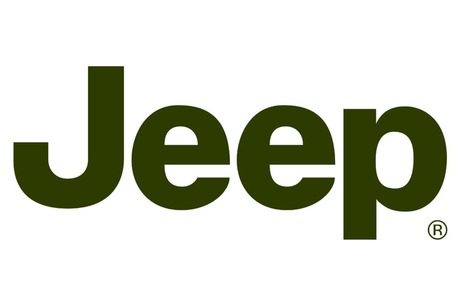Jeep Defies Recall Request
When is a recall not a recall? When the automaker in question refuses to comply with an NHTSA request to implement a safety action involving one or more of its automobiles. This is the case with Jeep, which is resisting the call from the U.S. federal regulator to initiate a recall of 2.7 million vehicles due to a gas tank defect.
The case is a bit more complicated than simple wilfulness on the part of Jeep. The NHTSA has spent the past two years investigating fuel tanks installed on the 1993 - 2004 Jeep Grand Cherokee, as well as the 2002 - 2007 Jeep Liberty, and determined that the mounting of these tanks is contributing to a greater-than-average risk of fire in the event of a rear collision.
The language used by the NHTSA in its report, however, is ambiguous, as its statement reads that '…data shows that these vehicles may contain a defect that presents an unreasonable risk to safety.' This is because investigators have been unable to pinpoint a specific problem with the tanks that is tied-in to the fires. Instead, it is using statistical evidence - the number of people who have died in rear-end collisions involving fire - to identify a hazard with these vehicles.
Chrysler, the parent company of Jeep, is arguing that putting fuel tanks behind the rear axle is a widely-used and accepted practice in the industry, and that the NHTSA's statistics involving Jeep accidents are not accurate. This is not the first time that Chrysler has defied a call from the NHTSA to address a safety issue, as the automaker went to court in the 1990s - and won - regarding a seatbelt anchor issue in its mid-size sedans.
